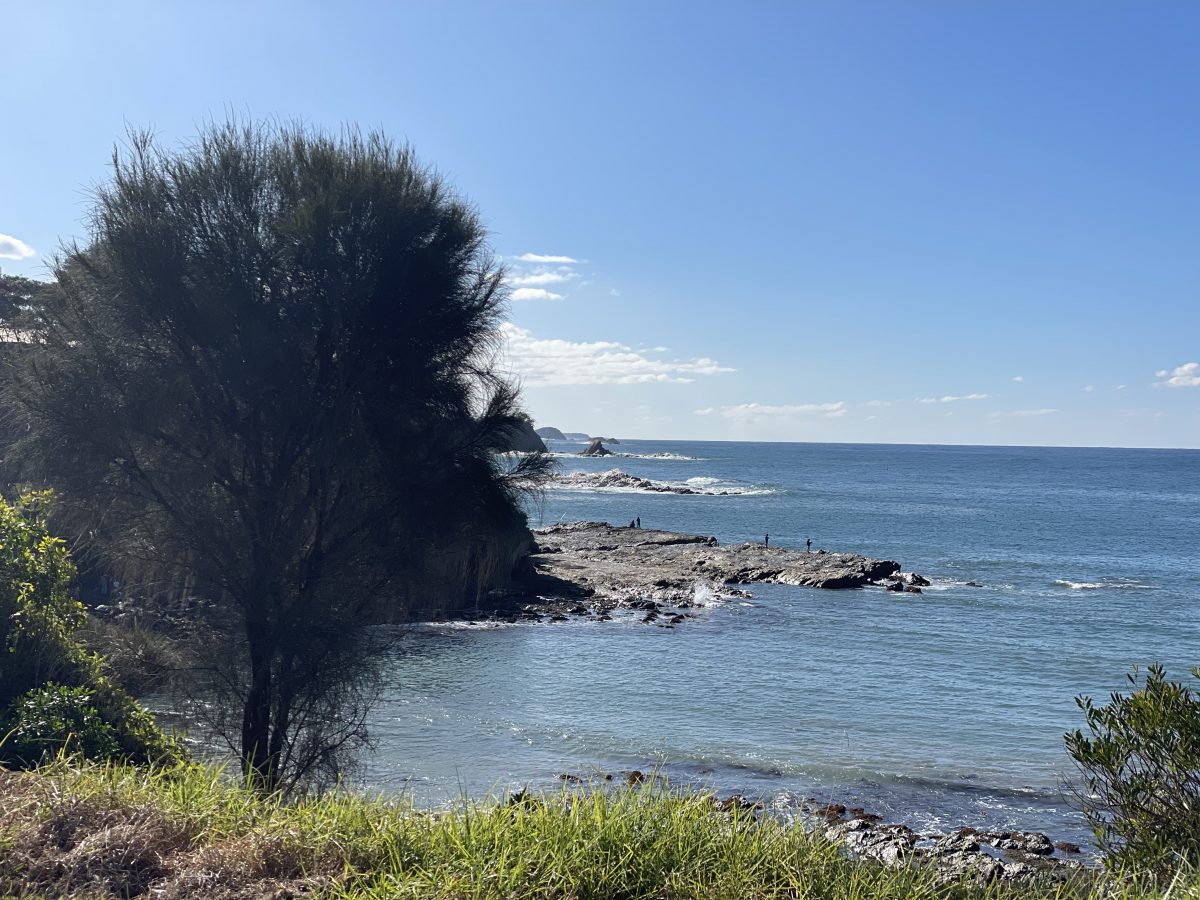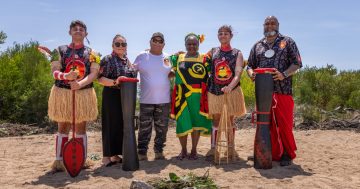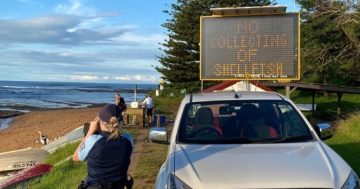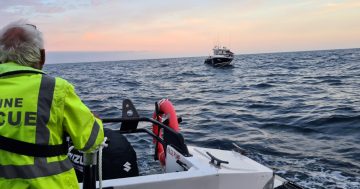
A NSW Parliamentary inquiry into cultural fishing has announced its findings. Photo: Kim Treasure.
A NSW Parliamentary inquiry has found the prosecution of First Nations people for practising cultural fishing, particularly on the South Coast, has been “unacceptable”.
The inquiry, chaired by Mark Banasiack MLC, examined the Government’s 13-year delay in implementing a law designed to protect First Nations people from compliance actions for fishing offences if they were performing cultural fishing.
In the recently-released report on the inquiry’s findings, he said the committee had become “extremely concerned” to hear of the level of damage these actions had inflicted.
“Some Aboriginal fishers have been subject to terrible consequences, including jail terms and fines in the thousands of dollars,” he said.
“Additionally, a number have reported reduced mental health and wellbeing due to being prevented from practising their culture. This was particularly apparent in evidence provided by fishers on the South Coast of NSW.”
Last year, Region reported that statewide data suggested Indigenous Australians faced a disproportionate rate of fishing-related charges and incarceration because of those offences relative to the size of their population.
The inquiry’s report included the story of a 21-year-old Djirringanj man, Anthony Henry from Moruya.
For collecting abalone in 2019, he was fined $11,300 and given 50 hours of community service as well as a 12-month community corrections order.
“The whole process has not just affected me, but my family as well with the stress of the last three years,” Mr Henry said.
“Even though the court has finished, the outcome will affect me for years to come.”
One of the findings of the report established that the prosecutions of First Nations people for practising cultural fishing, particularly on the South Coast, had been “unacceptable and creating perverse outcomes”.
It recommended all surveillance and prosecution of cultural fishers be stopped immediately, and all fines issued to those individuals on the South Coast be withdrawn.
Mr Banasiack also said the 13-year delay to protect them meant “the will of the Parliament has failed to take effect” and the report found the law should be introduced immediately.
BJ Cruse, a First Nations person from the South Coast, said Aboriginal people should have a right to cultural fishing, but governments continued to imprison people for exercising their rights.
“Aboriginal people have never entered a treaty with government, we haven’t given up our rights to our lands and resources,” he said.
“Those rights continue to exist, but governments ignore them and continue to charge Aboriginal people for cultural fishing.”
Mr Cruse also said cultural fishing hadn’t depleted fish species; species had been depleted by the commercial industry.
“That sort of harvesting wasn’t around in Aboriginal culture,” he said.
Mr Banasiack thanked the stakeholders who participated in the inquiry, but gave a special mention to those on the South Coast who hosted the committee in Mystery Bay and spoke “so openly” at a meeting in Narooma.
In late November 2021, the NSW Legislative Council passed a motion calling on the State Government to review all fines and prosecutions launched against Indigenous Australian fishers to ensure genuine cultural fishing is recognised and not deemed illegal.










